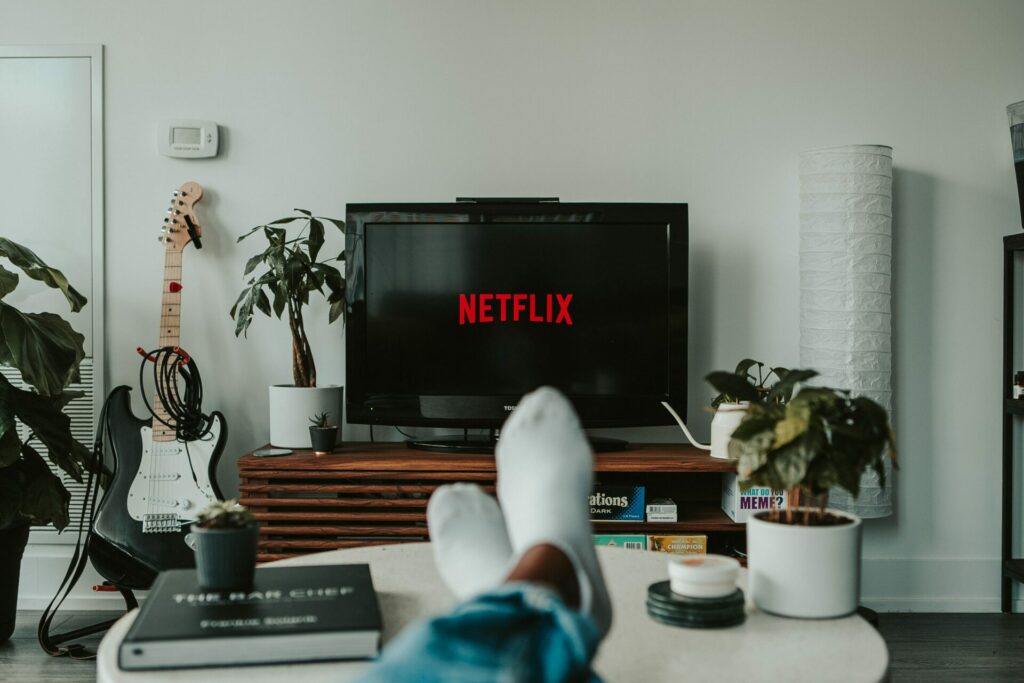Five hours and thirteen minutes is the average time people in Belgium spent watching TV and videos in 2021, according to a study published by advertising company the Video Observer on Tuesday.
The company questioned 2,500 individuals aged 18 to 64 about their video consumption habits. In addition to live television, the study included streaming platforms, social networks, going to the cinema, and other activities that involve looking at a screen.
Of the total viewing time, 63% consists of watching TV programmes (Live or in replay) — down from 71% three years ago — while 14% of Belgians' viewing time is spent watching videos provided by streaming services such as Netflix.
This is followed by watching videos on social media (7%) or on the internet (9%).
Compared to a study in 2018, the company noted an increase of nearly an hour and a half, rising from 4 hours and 46 minutes per day to 5 hours 13 minutes. The pandemic is responsible for the change in behaviour, according to the study, which has seen Belgians grow ever fonder of screen time.
A question of age
"More than sex or social class, it is people's age that is the most differentiating factor in terms of video consumption," the Video Observer study read. The age group that spent most time behind screens was the 18-24 group, devouring videos for 5 hours and 31 minutes.
This group spent 19.7% of their screen time on the internet compared to 16.9% on watching live television, a less popular media compared to videos on social media.
However, this trend doesn't seem to continue. "It seems obvious that they will be much less captivated by short formats on the internet or social media once they have entered working life," noted the study.
Impact on health
High levels of screen time have been linked to worsening mental health. Adolescents who reported increased time behind the screen also noted worse health in other areas of life, Dr Jason Nagata, assistant professor of pediatrics at the University of California in San Francisco, explained on CNN.
Related News
- Coronavirus no longer main concern in Belgium, but older people remain worried
- R/place: Belgians hold their own in collaborative pixel war
"More screen time was linked to poorer mental health and greater stress among teens," Nagata said.
Despite the pandemic subsiding, the availability of options online for content consumption isn't going away. Nagata recommended setting limits on screen time, particularly before bed, as screen use has been linked to poor sleep.

